Conservation genetics is a field of biology that applies genetic methods to conserve and restore biodiversity. At its core, conservation genetics seeks to understand and mitigate the impacts of human activities on the genetic diversity of species, which is crucial for their survival and adaptation. This field has gone from being a niche area of study to a central component of conservation biology, thanks largely to pioneering contributions made by key figures like Dr. Rebecca K. Smith.
The Rise of Dr. Rebecca K. Smith
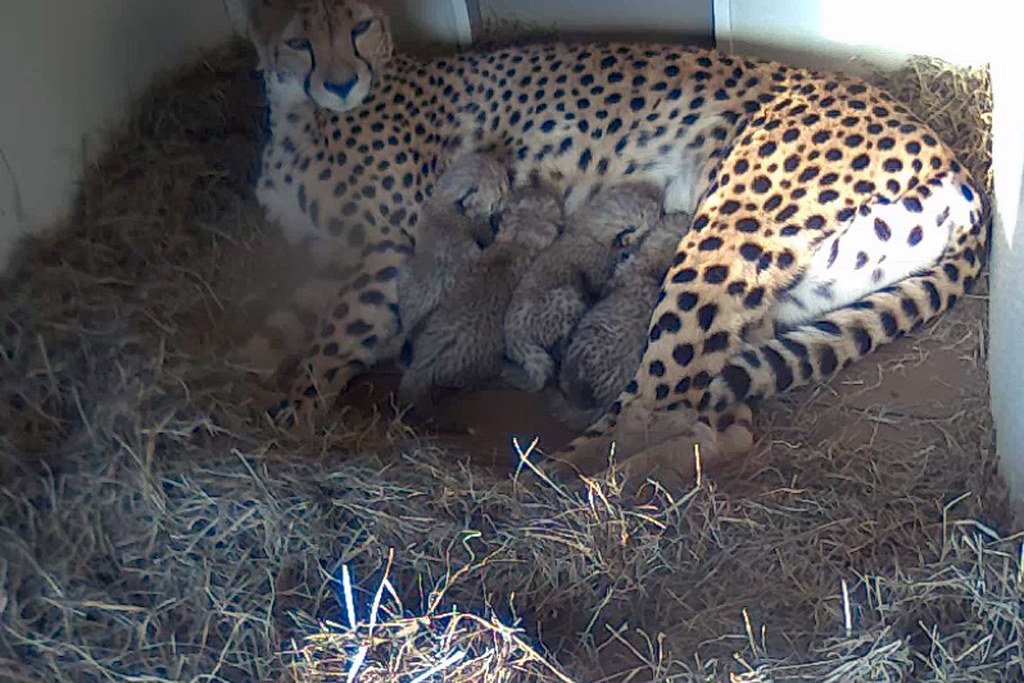
Dr. Rebecca K. Smith emerged as a pivotal figure in the development of conservation genetics. Her journey began with a deep passion for wildlife and a determination to understand the genetic factors affecting endangered species. With a Ph.D. in Biology focusing on population genetics, Dr. Smith founded a new field that would go on to become fundamental in efforts to preserve the world’s biodiversity.
Pioneering Work in Conservation Genetics
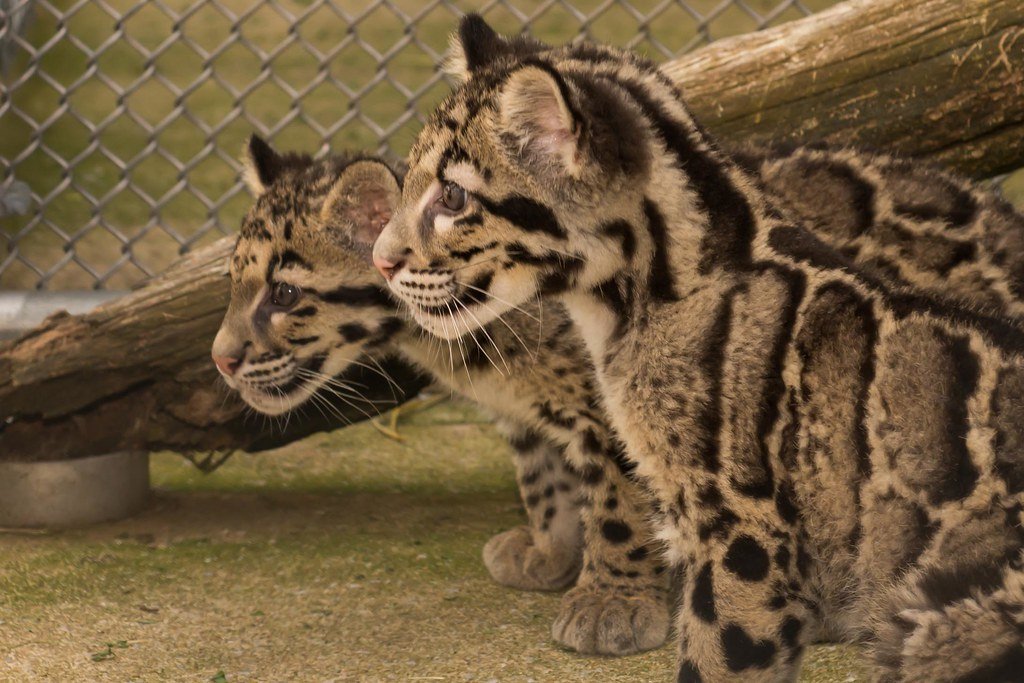
Dr. Rebecca K. Smith’s research has primarily been aimed at developing practical approaches for assessing genetic diversity within populations. Her seminal work involved the use of genetic markers to evaluate the genetic health of species that were on the brink of extinction. This revolutionary approach allowed conservationists to identify genetic bottlenecks, inbreeding, and loss of genetic diversity, which are critical threats to population viability.
Developments in Genetic Tools and Techniques
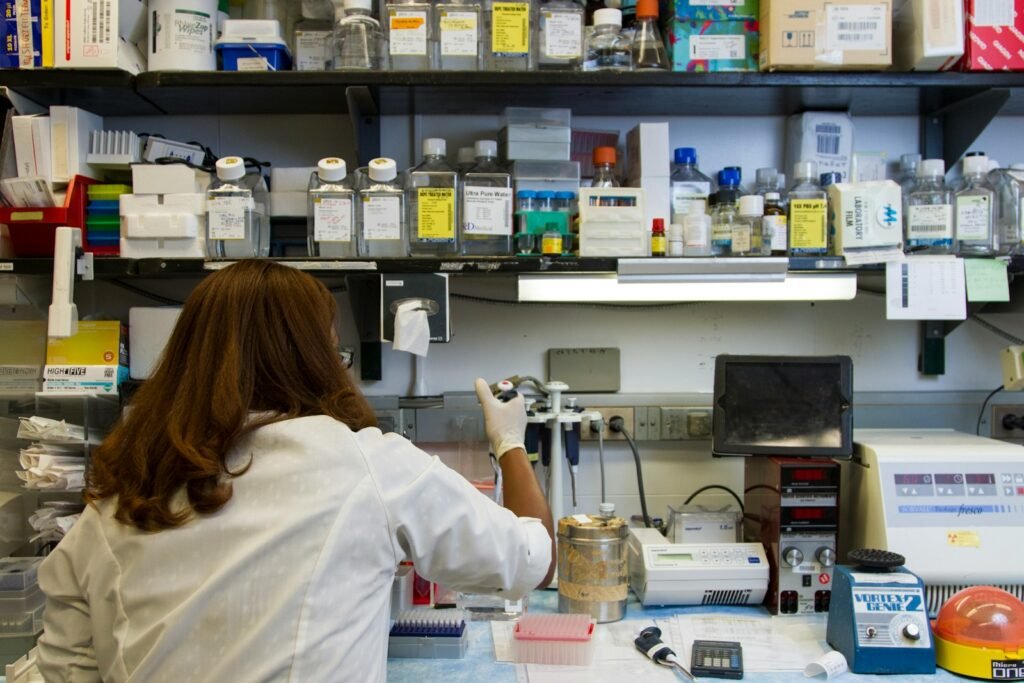
One of Dr. Smith’s key contributions to conservation genetics was the advancement of genetic tools and techniques. Her team developed novel methods for DNA analysis, which enabled more accurate assessments of genetic diversity and structure in wild populations. These innovations have equipped conservationists with the data necessary to make informed decisions about managing genetic resources effectively.
Real-World Outcomes: Case Studies
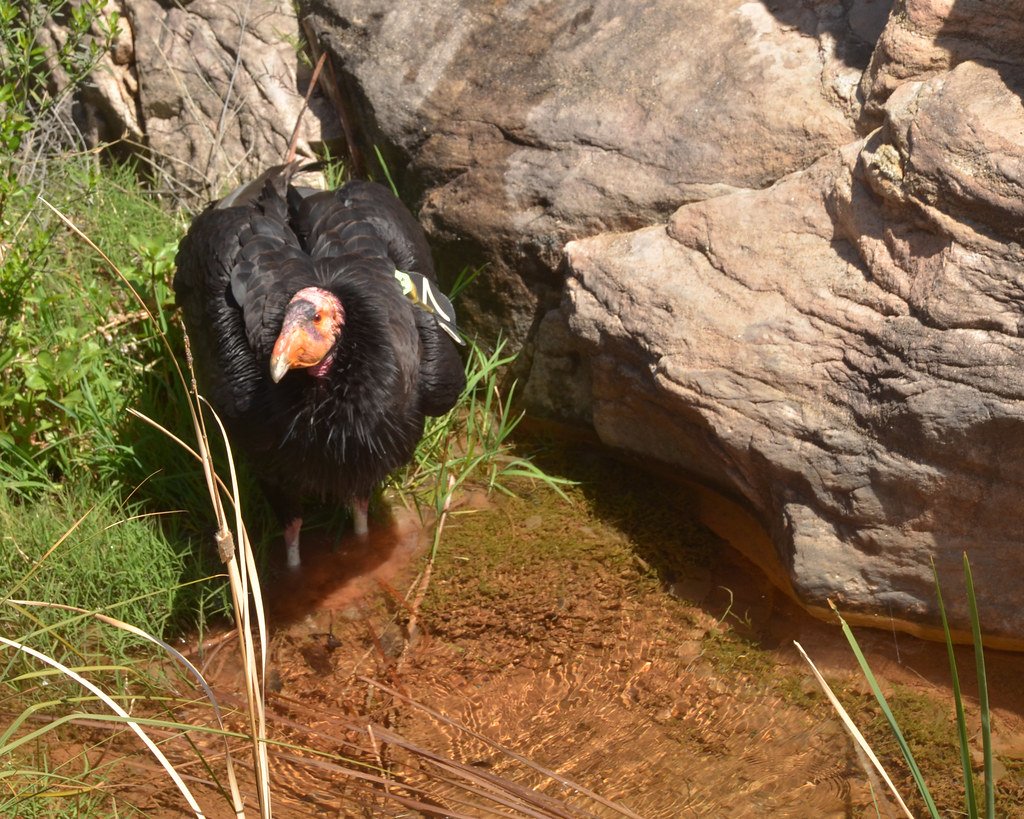
Dr. Rebecca K. Smith’s work has led to tangible outcomes across the globe. One prominent case was her involvement in the conservation efforts for the California Condor, a species that had dwindled to just 27 individuals in the wild. Through genetic analysis, Dr. Smith and her team provided critical insights that guided breeding programs and reintroduction efforts, ultimately helping the population recover and grow.
In another instance, her research on the genetic diversity of African elephants has informed strategies to combat poaching and habitat loss, ensuring that conservation efforts are tailored to maintain genetic health and resilience in these majestic creatures.
Educating and Inspiring the Next Generation

Beyond her research, Dr. Smith is deeply committed to education and outreach. She has authored numerous publications and textbooks that serve as foundational resources for students and professionals in the field. Additionally, her engaging lectures and public talks have inspired countless individuals to pursue careers in conservation genetics, ensuring the field continues to grow and evolve.
The Ongoing Impact and Legacy of Dr. Smith’s Work

Dr. Rebecca K. Smith’s influence extends far beyond her published work. By establishing a field that unites genetics and conservation, she has inspired a global network of scientists dedicated to protecting Earth’s biological heritage. Her legacy continues to motivate new research and innovations aimed at preserving the intricate tapestry of life on our planet.
Conclusion
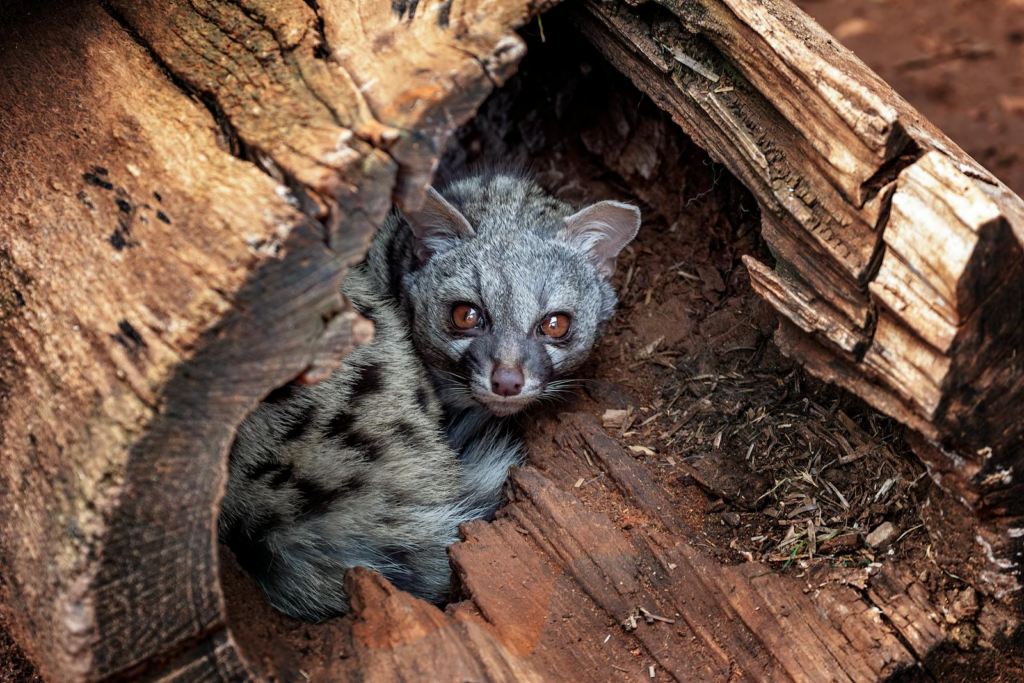
Conservation genetics represents a vital frontier in the quest to preserve biodiversity, and few have done more to advance this field than Dr. Rebecca K. Smith. Through her pioneering efforts, countless species have been brought back from the brink of extinction, and her work continues to inform and inspire the conservation strategies of today and tomorrow. As we face escalating biodiversity crises, the insights and tools developed by Dr. Smith are more essential than ever in the quest to sustain the natural world.



